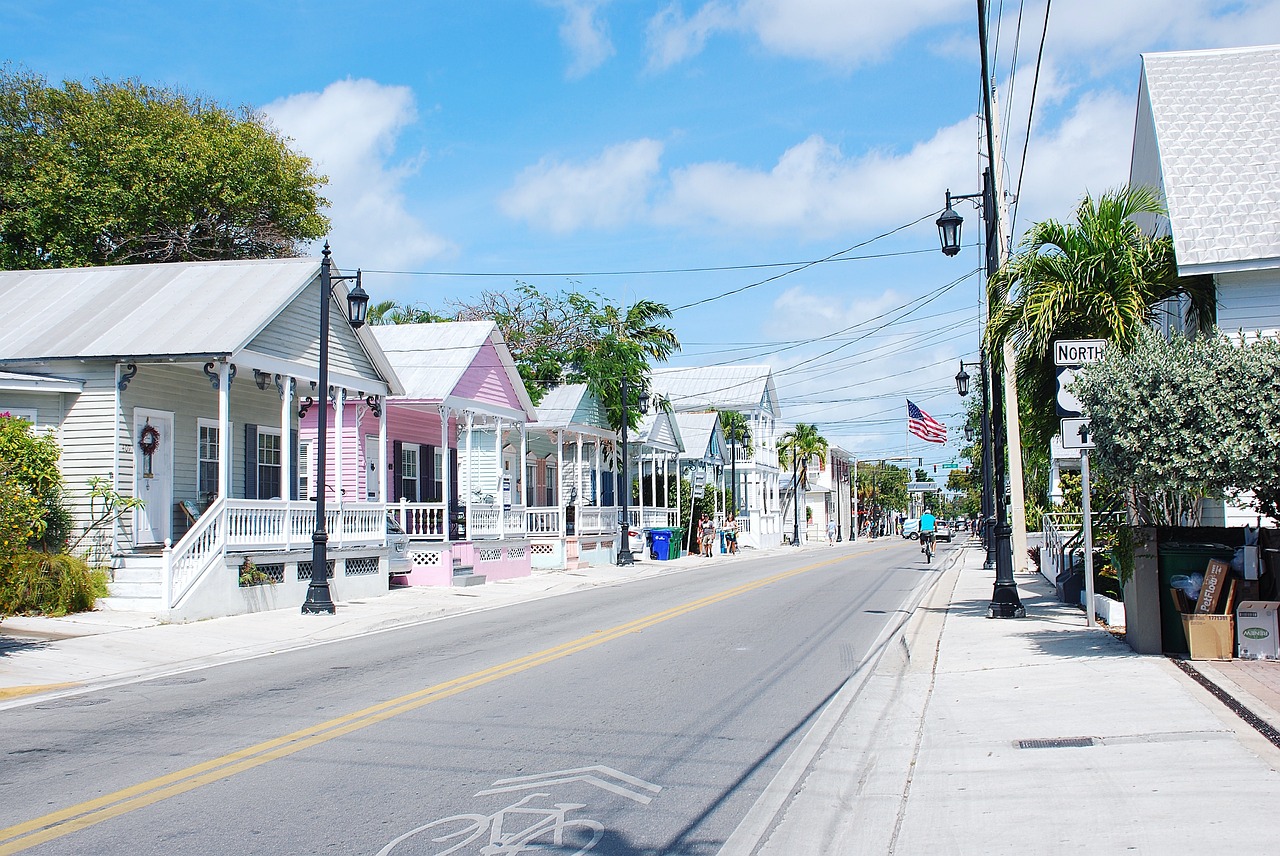Sustainable Cooking Techniques: Reducing Energy Consumption and Food Waste in the Kitchen
The consumption of water is crucial for daily activities, yet it is essential to acknowledge the significance of minimizing water waste. Simple actions like fixing leaky faucets, using water-efficient fixtures, and being mindful of water usage can go a long way in conserving this precious resource. By making small adjustments in our daily routines, we can contribute to the collective effort of reducing water waste and preserving this vital element for future generations.
In addition to individual efforts, communities and organizations can also play a crucial role in reducing water waste. Implementing water-saving initiatives in public spaces, promoting water conservation practices, and investing in water-efficient technologies are just a few strategies that can make a significant impact. By coming together to prioritize water conservation, we can create a sustainable future where water resources are protected and preserved for years to come.
Using Renewable Energy Sources
Taking advantage of renewable energy sources is becoming increasingly important in our efforts to address climate change and reduce our reliance on fossil fuels. Solar power, wind energy, hydropower, and geothermal energy are some of the renewable sources that offer sustainable alternatives to traditional energy sources. By harnessing these clean energy sources, we can significantly decrease greenhouse gas emissions and move towards a more environmentally friendly energy system.
The continued advancements in renewable energy technology have made it more accessible and cost-effective for individuals and businesses to integrate these sources into their energy systems. Installing solar panels on rooftops, utilizing wind turbines in rural areas, and investing in community solar projects are just a few ways to take advantage of renewable energy sources. By embracing these technologies, we not only reduce our carbon footprint but also contribute to the growth of the renewable energy sector, creating jobs and stimulating economic growth.
– Solar power, wind energy, hydropower, and geothermal energy are renewable sources
– Harnessing clean energy sources can decrease greenhouse gas emissions
– Advancements in technology have made renewable energy more accessible and cost-effective
– Installing solar panels on rooftops and utilizing wind turbines are ways to take advantage of renewable energy
– Investing in community solar projects can contribute to the growth of the renewable energy sector
Sharing Resources and Ideas with Others
Collaborating with others to share resources and ideas is crucial in building a more sustainable future. By exchanging knowledge and pooling together our resources, we can find innovative solutions to common challenges. This collective effort allows us to tap into a wider range of perspectives and expertise, leading to more effective strategies for conservation and environmental protection.
Through open dialogue and information sharing, we can learn from each other’s experiences and successes, creating a network of support and inspiration. Whether it’s implementing water-saving techniques or adopting renewable energy sources, working together enables us to amplify our impact and make meaningful strides towards a greener and more sustainable planet.
How can we reduce water waste in our daily lives?
You can reduce water waste by fixing any leaks in your home, taking shorter showers, turning off the tap while brushing your teeth, and using water-efficient appliances.
What are some examples of renewable energy sources?
Some examples of renewable energy sources include solar power, wind power, hydroelectric power, and geothermal power.
Why is it important to share resources and ideas with others?
Sharing resources and ideas with others can help promote sustainability, improve efficiency, and encourage collaboration in finding solutions to environmental challenges.
How can I start sharing resources and ideas with others in my community?
You can start by joining local sustainability groups, hosting workshops or discussions on environmental topics, and collaborating with neighbors on eco-friendly initiatives.







